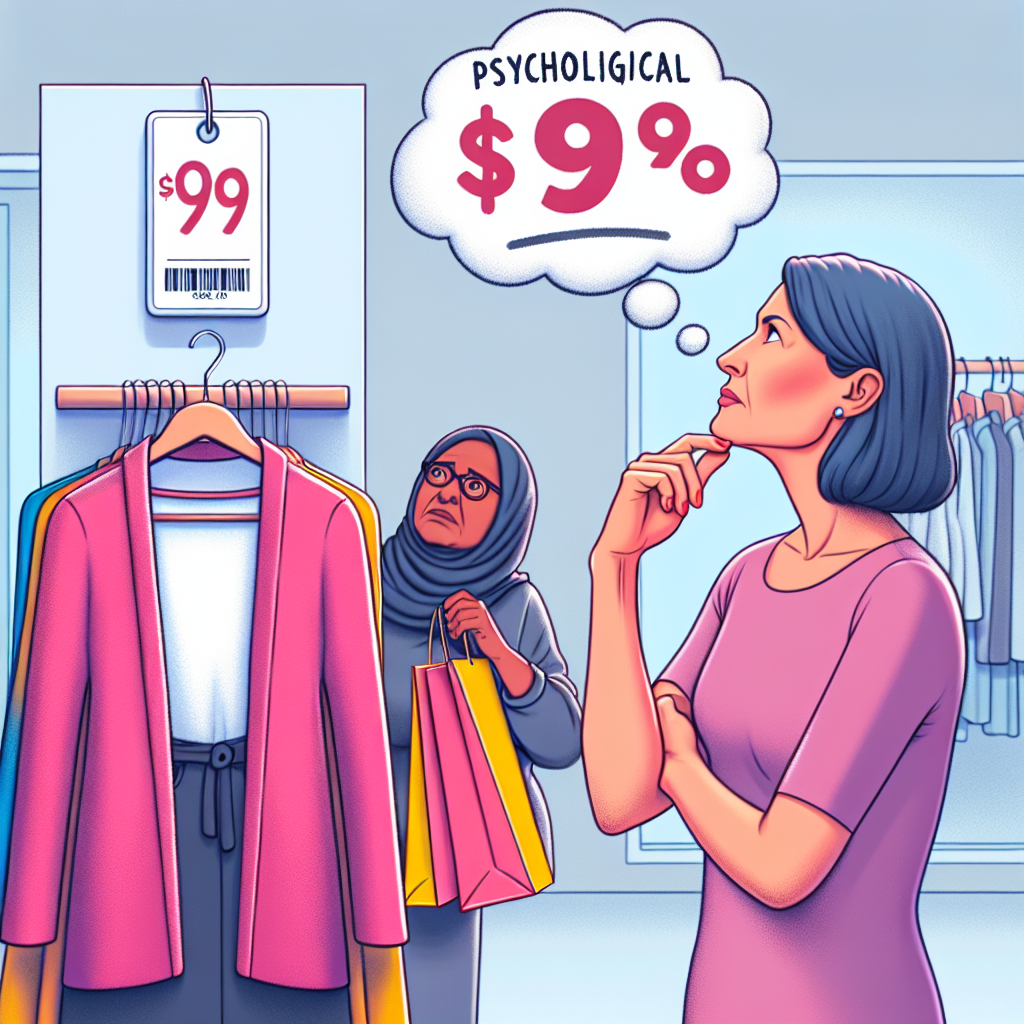Psychological pricing is a marketing strategy that leverages the psychology of consumers to influence their purchasing decisions. By appealing to customers’ emotions and perceptions, you can maximize sales volume and enhance profitability. This strategy is especially effective for indie authors, small publishers, and marketers looking to optimize their pricing structures.
In this article, we will explore various psychological pricing strategies, discuss their benefits, and provide actionable tips to implement them effectively in your business.
Why Use Psychological Pricing in Your Business?
The short answer: because it works. Psychological pricing is an extremely effective strategy for driving business growth. Here are some reasons:
- Consumer Behavior: Customers often make purchasing decisions based on emotions rather than rational calculations. By understanding these emotional triggers, you can price your products in a way that resonates with your audience.
- Perceived Value: Customers tend to assign value based on how a price is presented. Subtle changes in pricing can create the perception of a good deal, enhancing the appeal of your offer.
- Increased Sales Volume: Implementing psychological tactics can lead to increased sales volume due to the compelling attraction that well-structured pricing provides.
Effective Psychological Pricing Strategies
Now that we understand the importance of psychological pricing, let’s delve into some effective strategies you can utilize to maximize sales volume and profits.
1. Charm Pricing
Charm pricing uses prices that end in “.99” or “.95” to create the perception of a better deal. For instance, pricing a book at $9.99 instead of $10 creates a sense of value.
Pro Tip:
- Test charm pricing on your products. Observe whether a slight reduction in price—such as switching from $20.00 to $19.95—leads to increased sales.
2. Anchoring
Anchoring refers to the strategy of establishing a price point to shape consumer perception. By presenting a higher-priced option alongside the target product, you create a reference point that makes your target seem more attractive.
Pro Tip:
- If you’re a self-published author, list your full-price book at $29.99, then offer a limited-time discount to $19.99. Customers will perceive this as a great deal compared to the anchor price.
3. Bundle Pricing
Bundle pricing involves offering multiple products or services together at a lower price than if they were bought separately. This strategy adds value while encouraging customers to buy more.
Pro Tip:
- Combine your book with exclusive content (like a workbook or a companion guide) and offer a bundled price. For example, sell both for $24 when the book alone would be $20.
4. Price Tiering
Price tiering sets different price points for varying levels of products or services, allowing customers to choose based on their needs and budget. This strategy can address different market segments.
Pro Tip:
- Consider offering different editions of your book: a basic eBook for $9.99, a hardcover version for $19.99, and a premium edition with additional content for $29.99. This caters to customers with varying willingness to pay.
5. Scarcity and Urgency
Creating a sense of urgency or scarcity can effectively motivate customers to act quickly. Limited-time offers or limited quantities can prompt buyers to make quicker decisions.
Pro Tip:
- Use phrases like “Only 5 copies left!” or “Offer ends tonight!” in your marketing materials to encourage immediate purchases.
Benefits of Implementing Psychological Pricing
The benefits of psychological pricing extend far beyond just increased sales volume. Here’s how implementing these strategies can positively impact your business:
- Enhanced Profit Margins: By strategically pricing products, you may be able to increase profit margins while still maintaining sales volume.
- Improved Customer Perception: Proper pricing increases perceived value and can enhance brand reputation.
- Greater Competitive Advantage: Distinct pricing strategies help set you apart in a crowded market, making it easier to attract this target audience.
Analyze Your Results
Once you implement psychological pricing tactics, it’s critical to measure their effectiveness. Here are some strategies for evaluation:
- Sales Data Monitoring: Track sales data before and after implementing pricing changes to assess their impact on revenue and trends.
- Customer Feedback: Gather feedback through surveys or social media to understand how customers perceive your pricing.
- AB Testing: Utilize A/B testing for different pricing strategies, allowing you to compare the performance of different approaches within a contained audience.
Seek Continuous Improvement
Just as with any business strategy, psychological pricing requires ongoing refinement. Keep these practices in mind:
- Stay Updated: Trends and consumer behavior evolve, so continuously educate yourself on effective pricing strategies and adapt as necessary.
- Experiment Regularly: Don’t hesitate to try new pricing methods or combinations of strategies to find the optimal price point for your products.
- Seek Professional Insight: Consider consulting with pricing experts or digital marketing consultants to refine your approach and gain additional insights.
Use Psychological Pricing in Your Strategy
Psychological pricing can dramatically influence sales volume and profitability for indie authors, small publishers, and marketers. By understanding consumer psychology and tailoring your pricing strategies accordingly, you can create offers that resonate deeply with your audience.
Use charm pricing, anchoring, bundling, tiering, and creating urgency to sell more and build stronger customer relationships. Remember to leverage the power of data and continuous adjustment for long-term success in your pricing strategies.
You now have the tools to implement psychological pricing effectively, so start experimenting and watch your sales soar!

